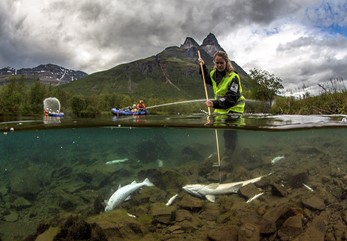
News
Fish parasite among top 15 invasive species most likely to invade UK in next 10 years
New research published by Centre Ecology and Hydrology (CEH) today includes Salmon fluke Gyrodactylus salaris in the top 15 invasive species that are not yet established in the UK, but pose a significant threat to native biodiversity, the economy and human health.
Salmon fluke is a small parasite barely visible to the naked eye which infects the skin, gills and fins of salmon, trout, grayling and other fish in freshwater. It presents one of the greatest threats to Atlantic salmon populations in the UK.
It occurs naturally in the Baltic rivers of Finland and Russia where the native fish are tolerant to the parasite. However, Atlantic salmon outside of this native region have no or little tolerance to it, resulting in collapses in fish stocks in rivers where it is introduced.
In Norway, 50 rivers have so far been infected, losing around 98% of their salmon within five years of invasion. To control the spread of the parasite, infected rivers must be treated with rotenone to remove all potential fish hosts and barriers put in place to prevent salmon entering the river to spawn and generate more hosts. These extreme but necessary measures are highly destructive, expensive and take many years to undertake.
Dr Emily Smith, Environment Manager at the Angling Trust, said: “Our principle worry is the accidental introduction of the parasite into the UK. The parasite is very hardy and can survive for 5-7 days without a host in damp conditions such as damp angling equipment, such as nets, waders and bags. This means it could be unintentionally brought into the UK on angling equipment that isn’t thoroughly cleaned and dried before being used again in UK waters.”
What can I do?
Prevention is better than cure. It only takes one infected fish to start an epidemic. Always carry out the three ‘Check Clean Dry’ steps. Whilst we may not be undertaking many or any trips abroad at the moment due to Covid-19, it is essential that we clean and dry our equipment and boots thoroughly after any fishing trip in the UK or returning from abroad to ensure gear are clean of any parasites, plants and aquatic materials. Following this best practice will help to prevent the spread of any invasive species or disease between our waters.
You might also like
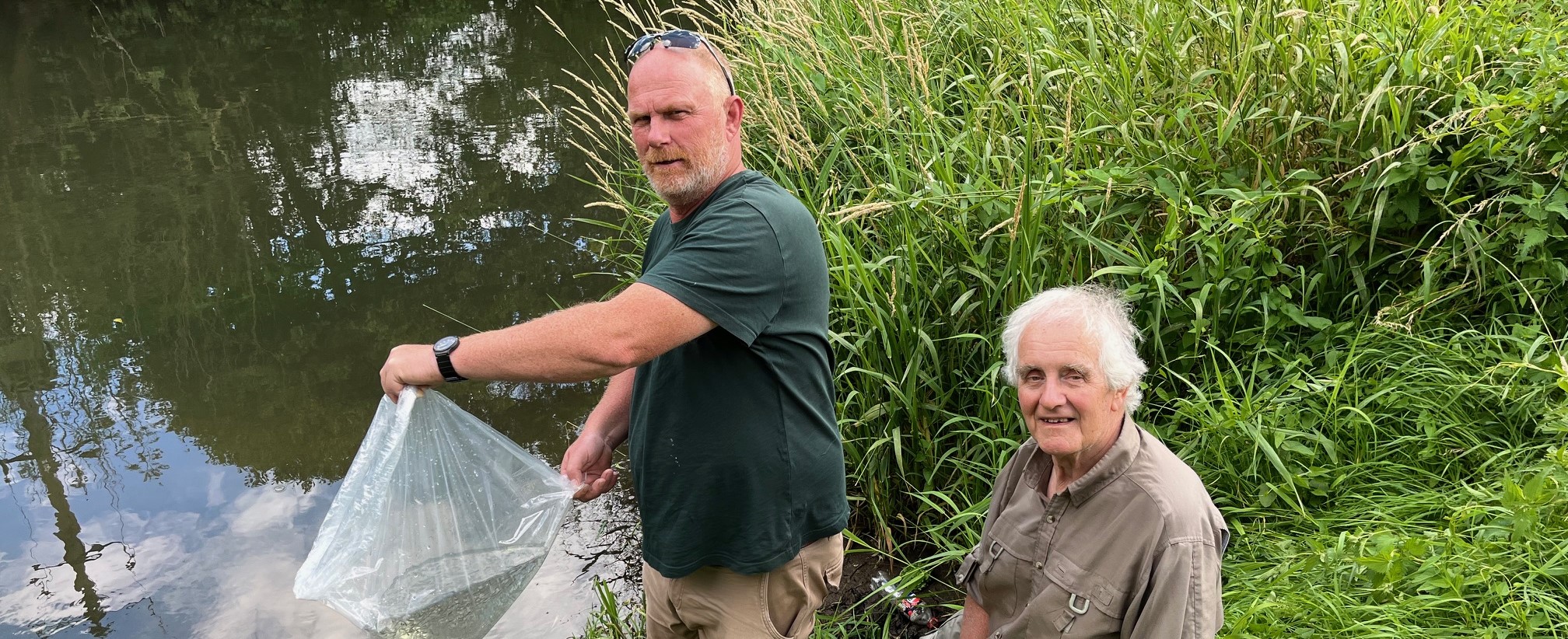
New Kennet Hatchery Releases First Reared Fish
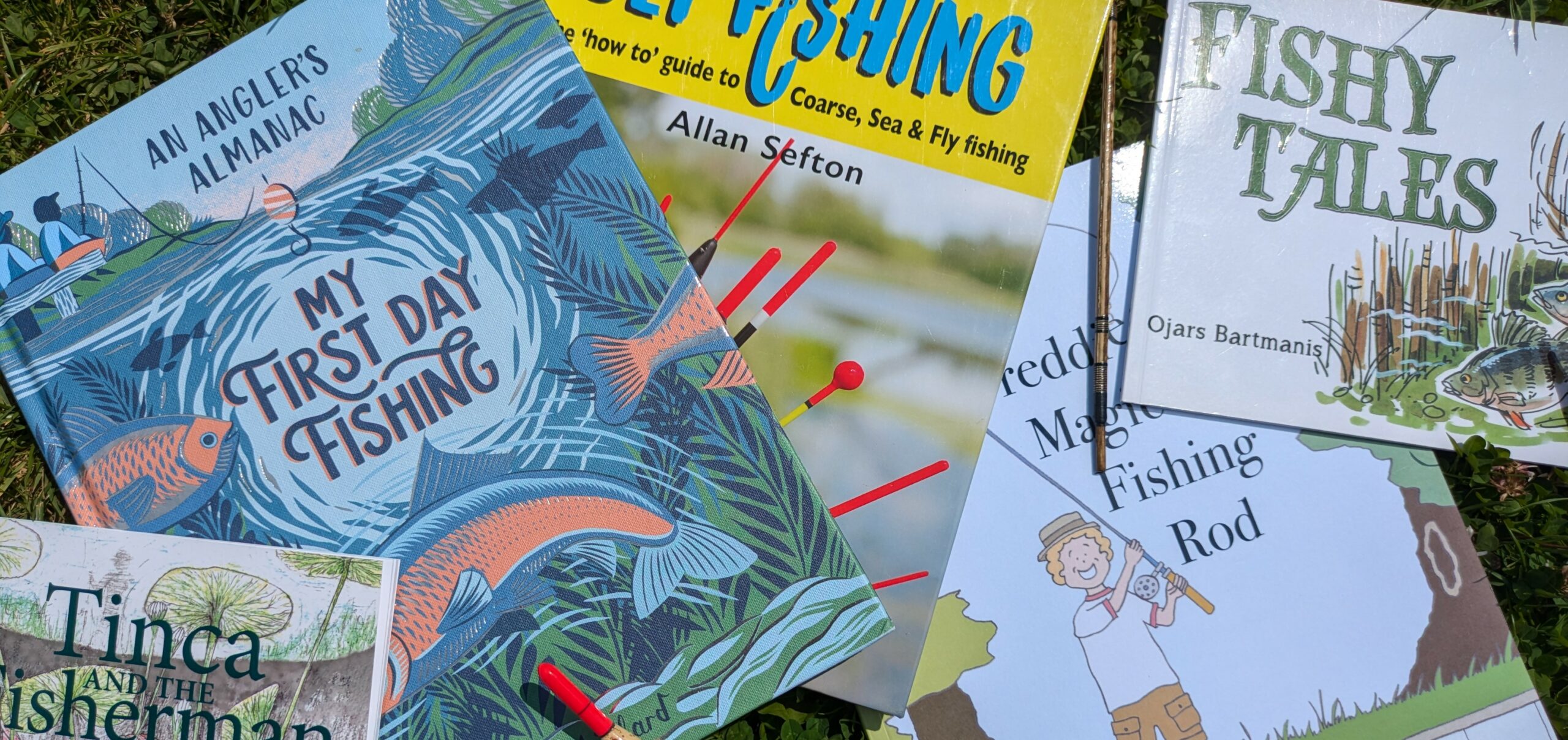
Fishing Books for Kids

UK Recreational Catch-and-Release Bluefin Tuna: A step closer to…
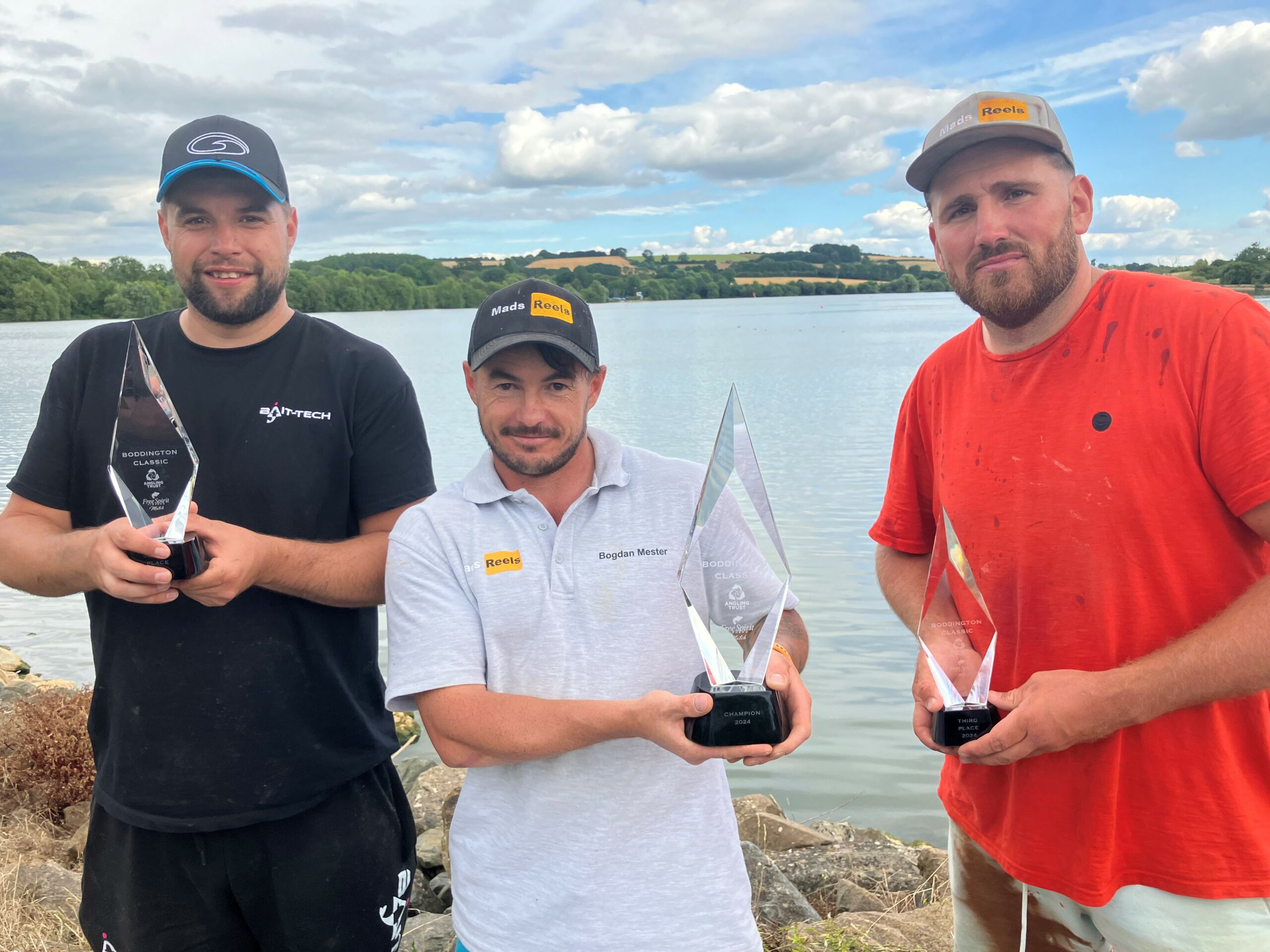
MESTER THE MASTER AT FREE SPIRIT MATCH BODDINGTON CLASSIC…
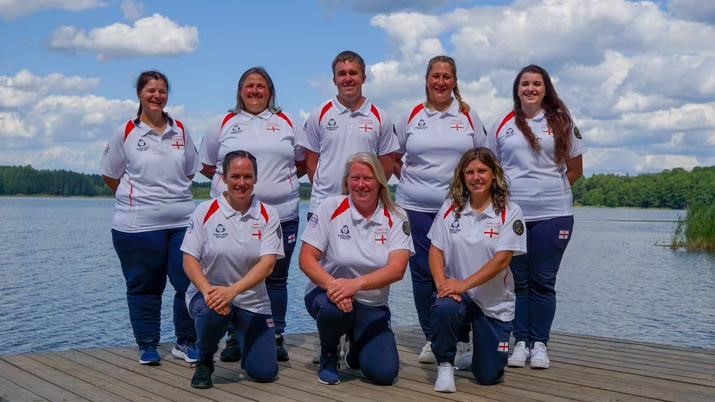
ENGLAND LADIES CARP TEAM MISS MEDAL ON TOUGH LATVIAN…

Angling Trust urges government to go further and faster…

ENGLAND YOUNG GUNS LEAD THE WAY IN HOME NATIONS…
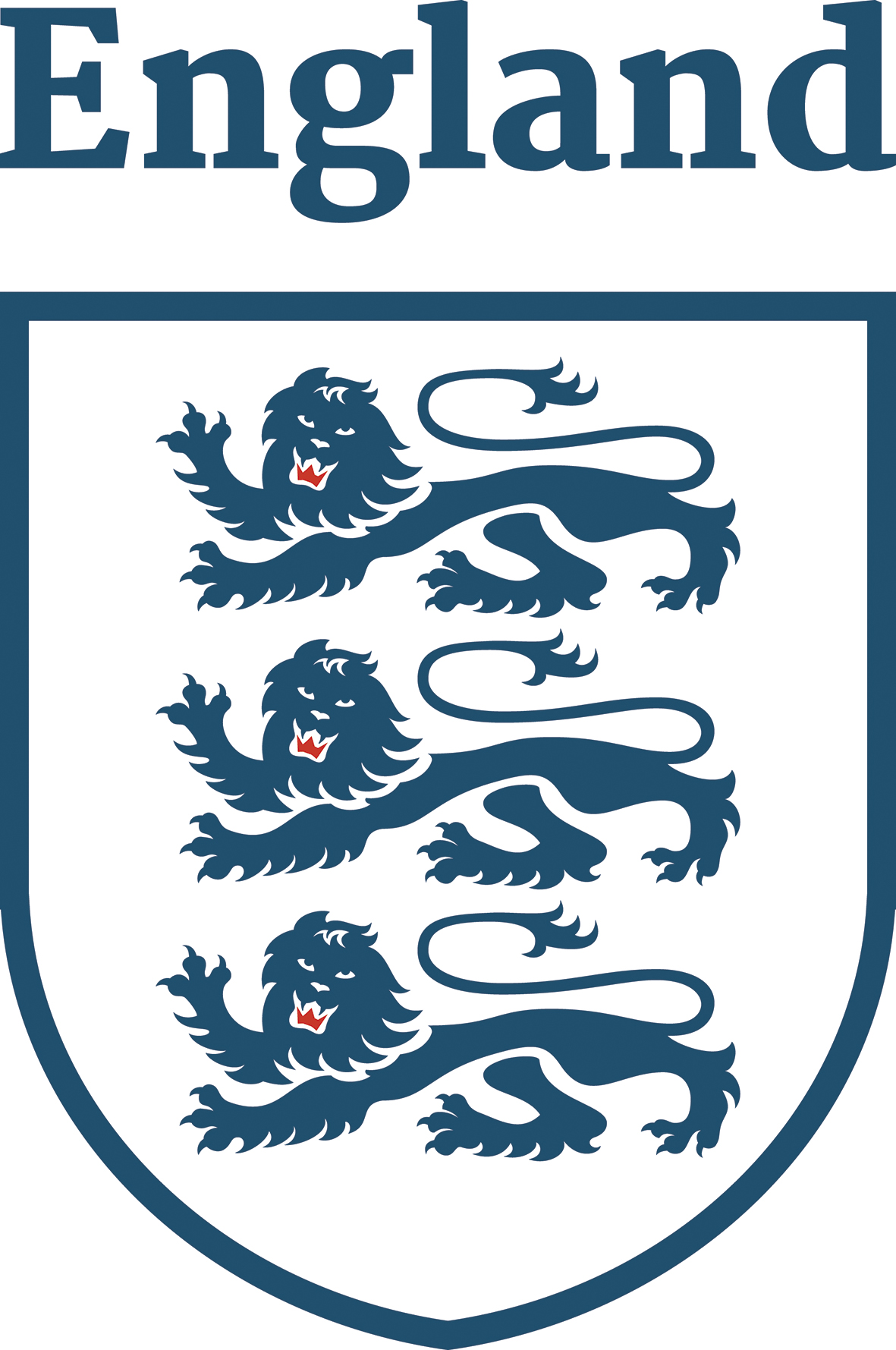
AMAZING ENGLAND COMEBACK SECURES EURO CHAMPS BRONZE
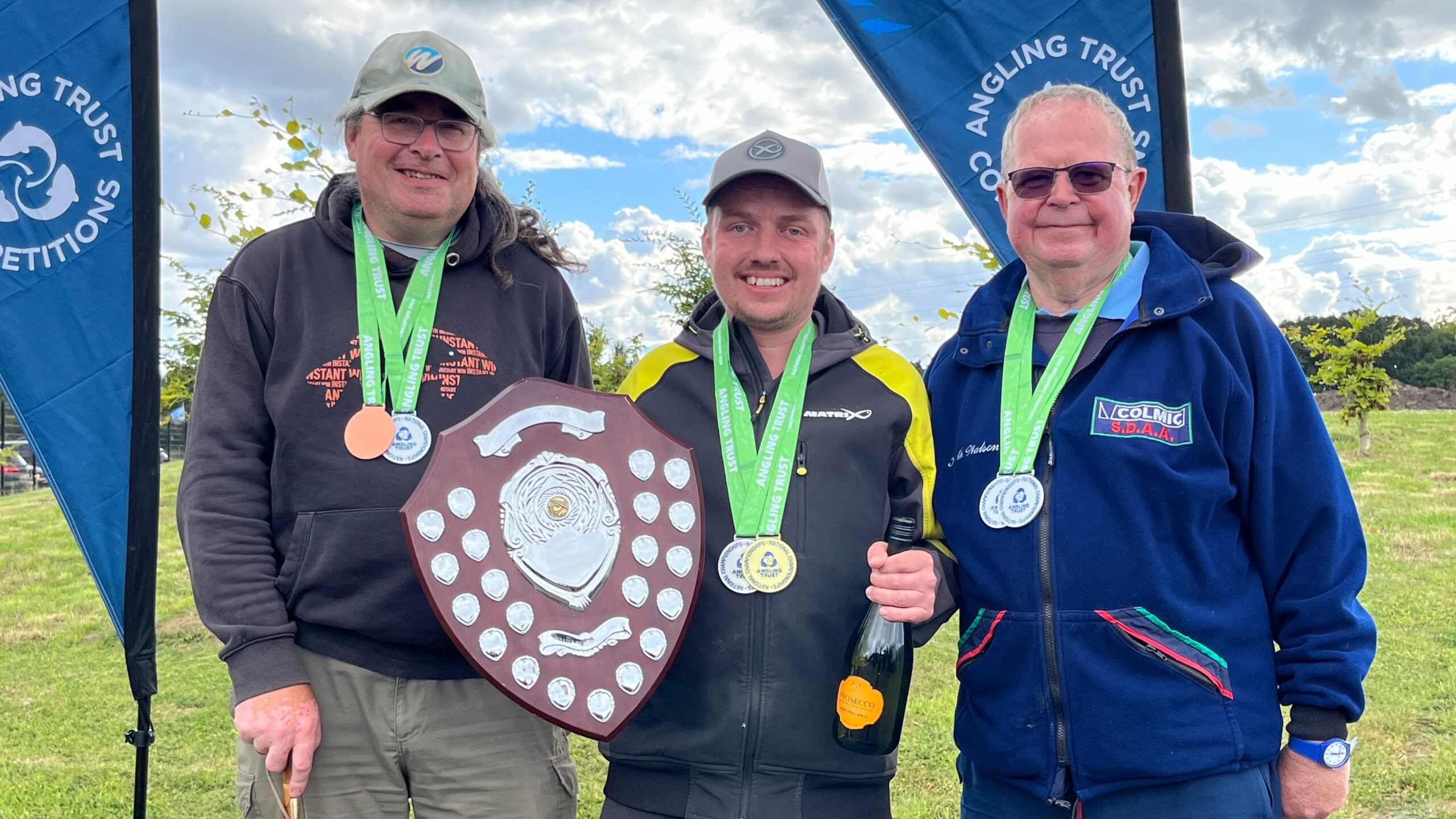
ELLIOT BAGS THIRD NATIONAL WIN AT MARSTON!

PATIENT APPROACH WIN WOMEN’S NATIONAL FOR LEANNE!
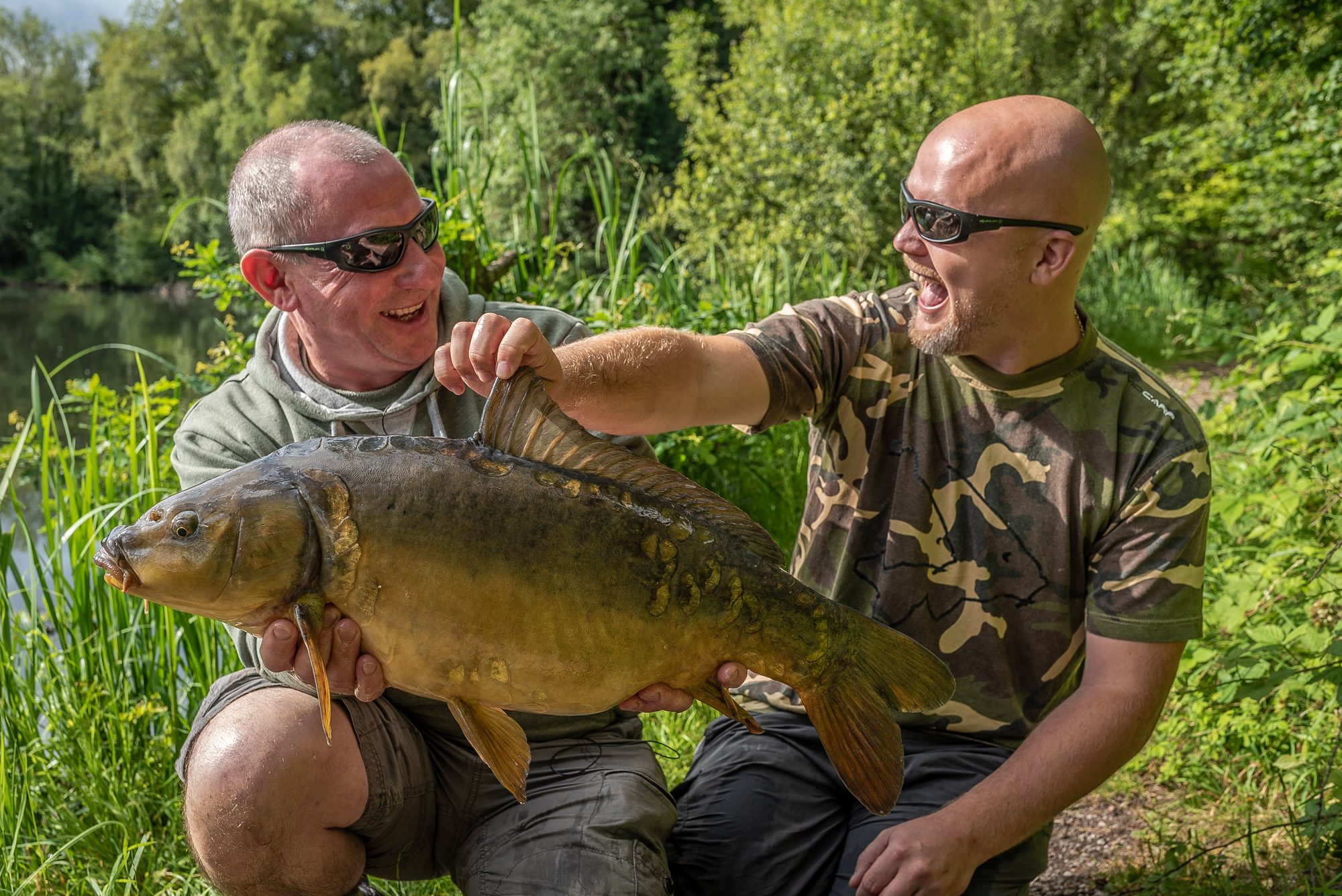
Take a Friend Fishing
27th July to 1st September…









